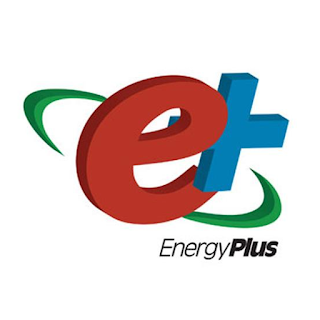18.09.2017 - Horizion 2020 - Secure, Clean and Efficient Energy Notes
Horizon 2020 Work Programme 2016 - 2017
Heating and cooling of building sector
Around 85% of heating and cooling is produced from natural gas, coal, oil products and non-RES electricity. Only 15% is generated from renewable energy. This shows that the heating and cooling sector has a key role to play in ensuring the success of the EU's transition towards an energy efficient and decarbonised energy system and in achieving long term energy security.
Engaging consumers towards sustainable energy
Consumers need to be at the centre of the energy system(customer is always a person so customer is consumer); they need to be informed, engaged and activated. (blogs, easy design interface that everybody can use for their homes or working places. For instance, how to decrease energy bill in your house)
The main challenges are (i) establishing cost-effectiveness, i.e. demonstrating that solutions allow a good return on investment through energy savings (ii) making energy usage data accessible to the consumer and to designated third parties (for application development or designing new business models around them) and (iii) demonstrating that energy savings can be achieved without compromising comfort levels. Activities are focused on the development of innovative user-friendly digital tools and applications or services making use of energy end-user generated information or captured from in-home equipment/sensors (like smart meters, communication-enabled heat metering tools, smart plugs, smart appliances and/or energy-aware products), in possible combination with intelligent controls and automation, with the purpose to significantly enhance energy efficiency by behavioural change of end-users taking informed decisions.
Too much of Europe's building stock is inefficient in terms of energy use, with excessive heat losses through building envelopes and technical building systems. In addition, buildings need to contribute a greater share of renewable energy production.
The control, automation and monitoring tools that can be integrated into buildings are becoming more and more sophisticated. In order to guarantee energy efficient operation, building service systems need to deliver adequate control and monitoring of building energy parameters. It is essential to develop and demonstrate interoperable energy automation, control and monitoring tools for efficient heating, domestic hot water, ventilation, cooling, lighting, shading, storage, energy generation, and other building systems while ensuring a high quality indoor environment. The challenge is to integrate demand response enabling elements into Energy Management Systems and thus create 'building – energy system interaction' towards optimization, at building level, energy consumption, production and storage considering the availability and price of energy supplied via the grid.
Expected Impact: Proposals are expected to demonstrate the impacts listed below, using quantified indicators and targets wherever possible:
- Facilitate the deployment of solutions that would improve demand response in buildings.
- Real time optimisation of energy demand and supply integrating demand-response into intelligent building energy management systems and/or other systems.
- Energy cost savings through integrated home automation solutions.
- Higher indoor environmental quality and adaptability to external conditions, leading to improved comfort and living standards, while optimising energy consumption.
Links:




Comments
Post a Comment